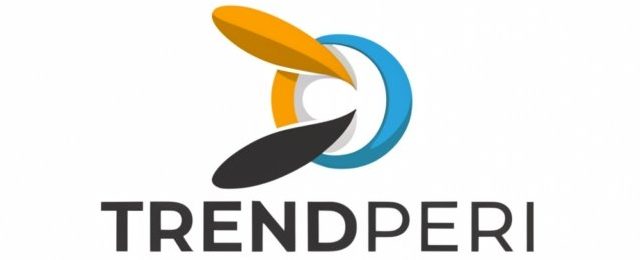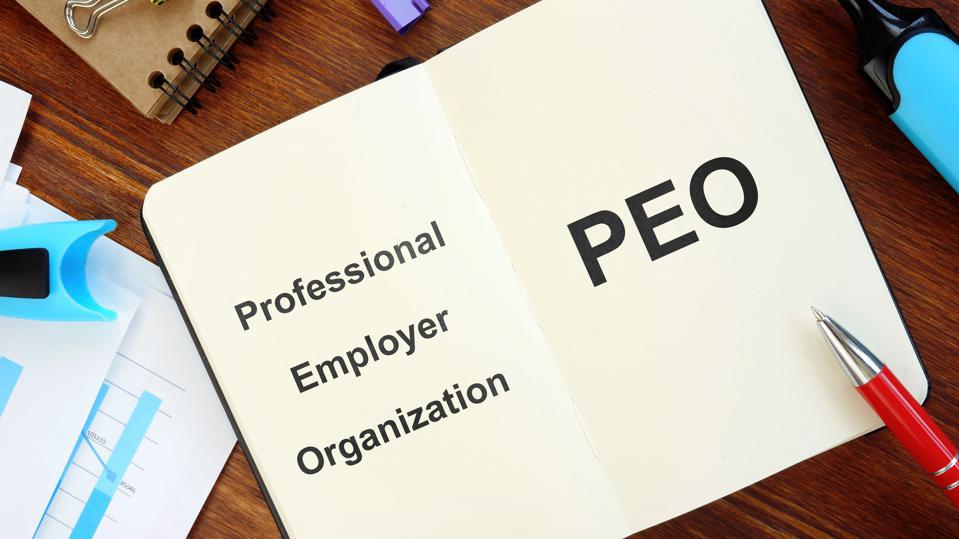PEO companies specialize in handling employee issues related to employment classification and compliance with labor laws. Furthermore, these PEO companies also provide benefits and payroll services.
Before hiring a PEO, do your research by conducting an in-person tech demo or requesting one. Here are five facts you need to know about them before making your decision.
1. Access to HR expertise
HR specialists take a strategic approach to how businesses manage their workforce, making sure payroll taxes are paid and employee paychecks arrive on time. In addition, they oversee employee benefits and workplace policies while keeping abreast of changing regulatory laws and ensuring compliance for clients.
Appointing a professional employer organization (PEO) is often seen as an efficient and cost-cutting measure that also reduces compliance risk. Be wary, however, of administration companies offering limited HR-related services only; full-service PEOs offer full range of HR related support such as recruitment support from experienced recruiters who can quickly assess whether applicants fit your firm.
PEOs offer HR Guidebooks tailored specifically to the mission and policies of your business, covering paid time off, benefits and disciplinary procedures as well as training programs that meet legal requirements while making employees feel valued.
Pro: PEOs can simplify HR functions, freeing up time to focus on other business initiatives. But they may take longer than anticipated to integrate into your company’s specific framework – and may entail giving up control of certain HR processes when working with one.
Cons: Partnering with a PEO requires using its providers for services like health insurance, retirement plans and employee benefits – potentially limiting your choices for coverage and services that might better fit with your business needs.
Keep in mind that PEOs typically serve multiple clients, which could hinder their responsiveness when your company needs immediate guidance or advice on an issue or question. This can be frustrating.
2. Cost savings
PEOs offer businesses more than just HR staff cost savings; they also can leverage the power of collective buying power to negotiate better rates on benefits like medical insurance coverage for multiple clients simultaneously, making PEOs especially helpful to smaller and mid-sized firms that lack the purchasing power to access lower insurance premiums on their own.
Compliance issues that could prove costly if handled incorrectly can also be handled by PEOs. Filing payroll taxes and adhering to OSHA/Workers’ Comp regulations may require specialist knowledge; with an established PEO as your partner, these issues can be taken care of for you so you can focus on building your business without worry.
PEOs can assist companies with both worker retention and recruitment efforts. Their comprehensive employee benefit packages make the company more appealing to potential hires; although it might not become the primary factor of your recruiting strategy, job seekers recognize when companies offer competitive offerings that could make your offering stand out from its competition.
PEOs can also assist with reducing turnover by providing solutions to issues that might be driving employees away from your company, whether these be pay or work environment related issues. With expert knowledge in PEO management and employee departure prevention solutions at their fingertips, experienced PEOs are capable of finding effective ways to stop employee departures before they escalate further – ultimately leading to more productive and profitable businesses! Studies conducted independently have indicated that businesses partnering with a PEO tend to grow 7-9% faster, have 10-14% lower turnover, and 50% less likelihood of going out of business than their counterparts not using one.
3. Compliance assistance
PEOs provide more than payroll, tax filings and employee benefits administration; they can also provide recruiting assistance and compliance management – freeing up HR professionals to focus on strategic initiatives that fuel growth.
PEOs employ teams of experts that keep an eye on changes to employment laws and regulations to ensure they comply. This can help businesses avoid legal disputes, fines or penalties as well as providing a safer working environment for employees.
As co-employer, PEOs provide workers’ compensation insurance to the company and its employees, including handling claims processing, audits and paperwork to maintain compliance with state and federal laws. This service can be especially helpful to small businesses that lack the capacity to manage this process themselves.
Keep up with a world of complex regulatory requirements can be difficult. Recent “ban the box” laws prohibit employers from inquiring into criminal histories on job applications; and wage equity laws mandate equal pay between men and women. A PEO can monitor regulatory changes and assist your business when necessary in making any adjustments needed to remain compliant with them.
Recruitment of new talent is an integral component of HR strategies. Hiring professional recruiters that can evaluate voice tones on phone interviews or assess emotional intelligence assessments can save both time and money by connecting companies with top candidates.
PEOs may take away some control from a business when issues arise that need resolution; when this happens, business must contact a third party rather than go straight to an HR team member for answers. Furthermore, they can be more expensive than handling HR tasks internally. It’s essential that prospective PEOs explain how their fees are calculated; whether that be as a percentage of total payroll, per employee per year or at a flat rate.
4. Employee benefits management
PEOs provide cost- and time-efficient HR solutions for small businesses. By relieving you of the hassles associated with providing group health insurance and workers’ compensation coverage, managing employee paperwork, creating retirement plans and upholding regulatory compliance – PEOs allow your staff to focus on executing business initiatives that grow your company instead.
PEOs offer more affordable health, dental, and vision insurance policies to their client companies through bulk purchasing power. This enables PEOs to access lower group rates that allow your employees and their families to obtain affordable health coverage options.
PEOs provide invaluable assistance with various human resource-related matters and concerns, such as new hire orientation and onboarding practices that have been proven to increase employee productivity. They may also offer training programs and career development assistance to employees.
Finally, they can offer advice and assistance with creating safety protocols, handling workers’ compensation claims and helping manage risk – something a single lawsuit can easily do to your business.
However, one major drawback of working with a PEO is losing control over many HR decisions. Your relationship manager will have input on benefit carriers, insurance plans and risks; while this may help to lower risks overall it may prove frustrating for owners who prefer running their companies themselves. Furthermore, the PEO has the authority to hire or fire employees on your behalf which could erode trust between employees and themselves within your workplace culture.
5. Risk management
Effective risk management requires foresight – identifying potential hazards and threats before they become real problems and planning defenses before they escalate into real issues. Doing this helps keep employees safe, minimize legal exposure, and sidestep costly fines from regulatory non-compliance.
PEOs offer comprehensive risk management services and can assist in mitigating employee accidents, lawsuits, data breaches and other threats that threaten your bottom line. They can assess and identify risks before providing policies, training and technology solutions to safeguard against threats to your company’s future. They can also handle OSHA 300 reporting as well as help ensure compliance with labor laws such as the Americans with Disabilities Act (ADA).
PEOs provide valuable services that help organizations recruit and hire the appropriate employees, which reduces costly mistakes down the line. Top PEOs also offer additional recruitment assistance as well as access to professional recruiters with expertise in evaluating a candidate’s abilities to perform specific jobs.
PEOs offer another key service for companies: workers’ compensation insurance. In most states, this coverage is required and PEOs often offer better rates than traditional insurers.
PEOs offer training to your employees on safety issues and can create employee handbooks which set clear rules, guidelines and expectations in the workplace – such as those designed to prevent discrimination claims or wrongful termination claims.

